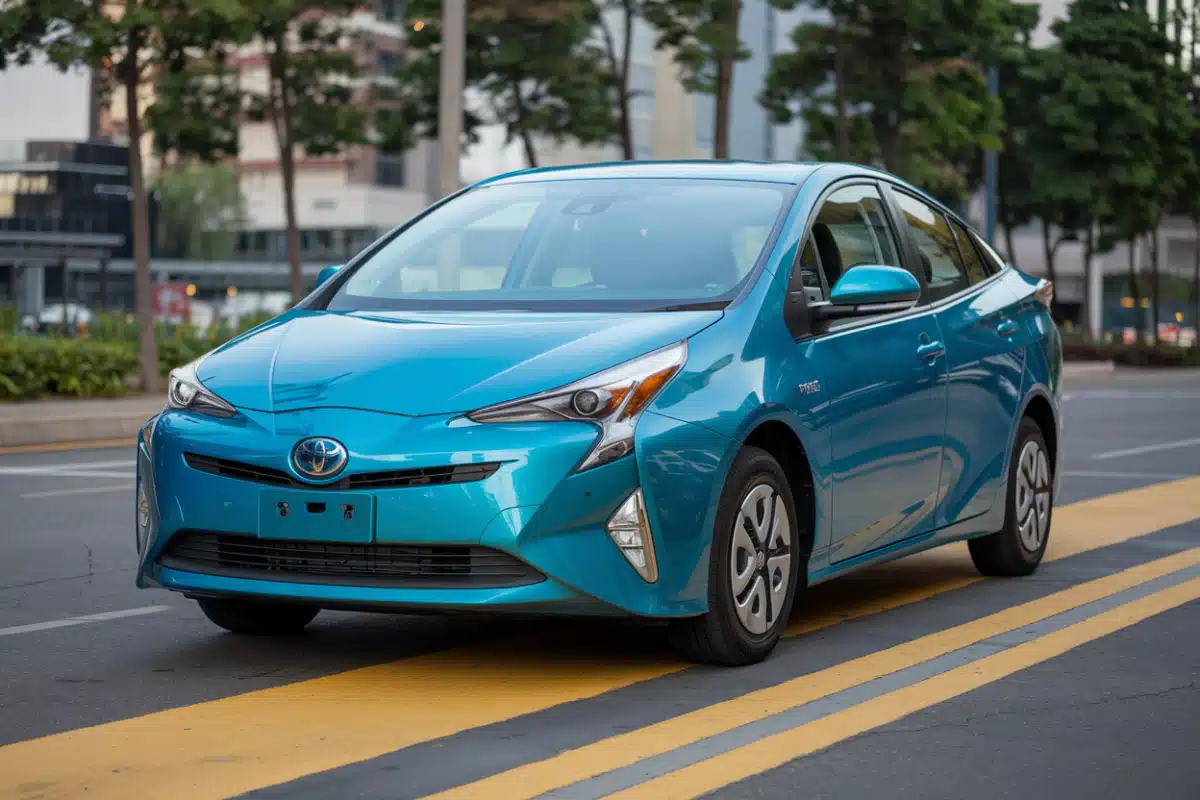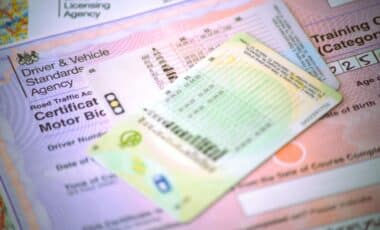The UK’s ambitious transition to a zero-emission future faces new challenges as critics question the decision to allow the sale of some hybrid vehicles beyond the 2030 ban on petrol and diesel cars. Industry leaders fear this approach could dilute the country’s leading stance on green transport.
Vehicle Policy Consultation Sparks Debate Over Hybrids
In order to improve its Zero Emission Vehicle (ZEV) mandate—which describes the UK’s plan to phase out internal combustion engine vehicles—the Department for Transport (DfT) in the United Kingdom has started a consultation. While true hybrid vehicles—those with both an electric motor and a gasoline engine—may be allowed until 2035, conventional gasoline and diesel vehicles will no longer be sold after 2030.
With a restricted electric-only range of frequently less than 50 miles, these hybrid cars, like the well-known Toyota Prius, run mostly on fossil fuels. Dan Caesar, CEO of Electric Vehicles UK (EVUK), and other industry experts contend that hybrids without plug-in capabilities compromise the goal of zero emissions. Caesar said that this choice might make the UK’s green initiatives “a laughingstock” and impede the country’s efforts to make electric cars (EVs) widely available.
Other concerns cited by critics include the potential impact on the car industry and how it will adapt to the ZEV mandate, which requires automakers to produce an increasing percentage of zero-emission vehicles annually, from 22% in 2024 to 80% by 2030. Failure to meet these targets might result in significant fines for manufacturers, further straining the industry.
Fears for Consumer Confidence and Industry Stability
Allowing hybrid sales past 2030 could hinder public trust in the UK’s transition to cleaner transport. EVUK highlights that promoting plug-free hybrids may confuse consumers and discourage investment in fully electric vehicles. “Backing electric vehicles would help revitalise the ‘sluggish’ UK economy,” Caesar noted.
The government’s flexibility on hybrid technology may also challenge its credibility. Environmentalists and industry insiders advocate for stricter standards, such as mandating that vehicles eligible for sale post-2030 achieve a minimum electric-only range of 50 miles (80.47 km). Without these changes, the transition could falter as consumer preferences remain tied to conventional fuel-based options.
Additionally, recent closures of manufacturing facilities, like the Luton van plant, exacerbate concerns about the economic implications of the policy. These closures not only jeopardise jobs but also cast doubt on the readiness of the UK’s EV production capabilities.









